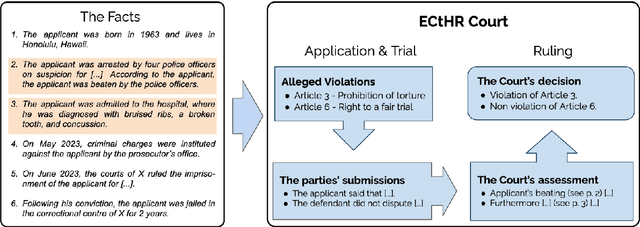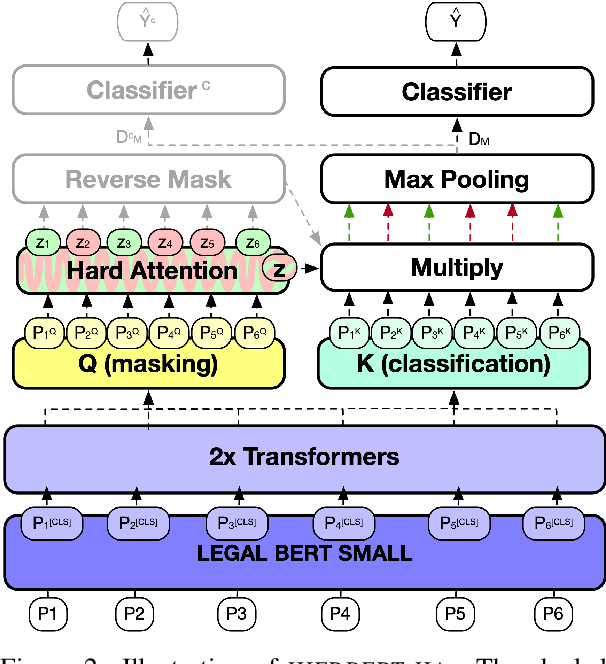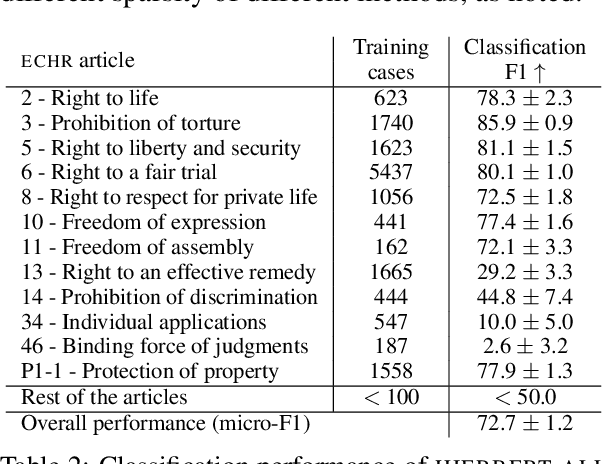Dimitrios Tsarapatsanis
On the Ethical Limits of Natural Language Processing on Legal Text
May 25, 2021Abstract:Natural language processing (NLP) methods for analyzing legal text offer legal scholars and practitioners a range of tools allowing to empirically analyze law on a large scale. However, researchers seem to struggle when it comes to identifying ethical limits to using NLP systems for acquiring genuine insights both about the law and the systems' predictive capacity. In this paper we set out a number of ways in which to think systematically about such issues. We place emphasis on three crucial normative parameters which have, to the best of our knowledge, been underestimated by current debates: (a) the importance of academic freedom, (b) the existence of a wide diversity of legal and ethical norms domestically but even more so internationally and (c) the threat of moralism in research related to computational law. For each of these three parameters we provide specific recommendations for the legal NLP community. Our discussion is structured around the study of a real-life scenario that has prompted recent debate in the legal NLP research community.
Paragraph-level Rationale Extraction through Regularization: A case study on European Court of Human Rights Cases
Mar 24, 2021



Abstract:Interpretability or explainability is an emerging research field in NLP. From a user-centric point of view, the goal is to build models that provide proper justification for their decisions, similar to those of humans, by requiring the models to satisfy additional constraints. To this end, we introduce a new application on legal text where, contrary to mainstream literature targeting word-level rationales, we conceive rationales as selected paragraphs in multi-paragraph structured court cases. We also release a new dataset comprising European Court of Human Rights cases, including annotations for paragraph-level rationales. We use this dataset to study the effect of already proposed rationale constraints, i.e., sparsity, continuity, and comprehensiveness, formulated as regularizers. Our findings indicate that some of these constraints are not beneficial in paragraph-level rationale extraction, while others need re-formulation to better handle the multi-label nature of the task we consider. We also introduce a new constraint, singularity, which further improves the quality of rationales, even compared with noisy rationale supervision. Experimental results indicate that the newly introduced task is very challenging and there is a large scope for further research.
 Add to Chrome
Add to Chrome Add to Firefox
Add to Firefox Add to Edge
Add to Edge